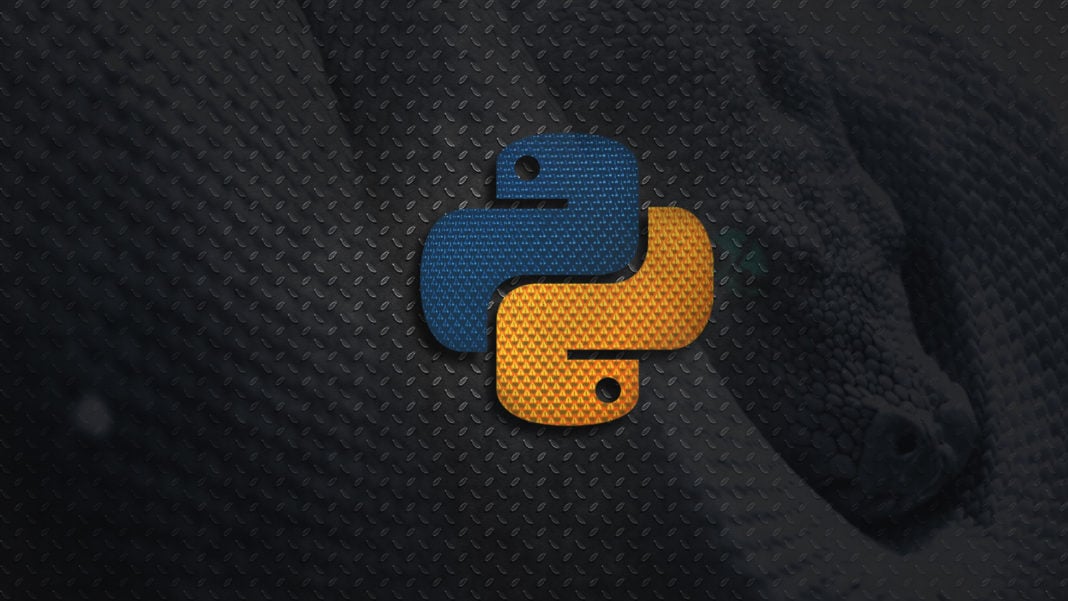It seems like the affinity for learning new languages no longer includes only those spoken by humans. Programming languages are gaining mass popularity throughout the globe. It is because the rapidly exploding areas of research such as AI, machine learning, automation, are now taking in more people than ever for jobs.
The annual salary slip of a Python programmer is on average $116,379 with around 6,550 jobs advertised per month. That’s a lot of digits when compared to a French Senior Professor teaching at a university. So, you can ponder upon the advantages of learning Python over French or any other new language, human or programming.
What is Python?
Python is defined as an interpreted, high-level, object-oriented, multi-purpose programming language that stresses on comprehending the codes. It’s also called a general Purpose Language because of its users to create a variety of things. The language had its inception in 1989 but the language never gained significant favoritism like JavaScript or C. But recently, there was a spike in Python being used as a vital programming language. It is because later researchers and scientists associated with AI, Machine learning and other behemoth technologies didn’t want to spend a significant amount of time in learning vast codes affiliated to other languages. So, they went with the easiest language possible which was Python.
One of the tragic myths that take away the focus from learning Python is that it is simply not used by the larger tech companies. That is not true because giants like Google, Yahoo, YouTube, and even NASA have used Python for a long time now. Reddit has most of its features thanks to Python.
To learn in detail about Python Programming Language, you can read Why Python is so Popular Among Programmers?
Example of Python’s Simplicity
The primary reason for its mass usage is its emphasis on simplicity. Many even say the language is even suitable for children under the age of 15. You can also use the language to hack into other systems, for testing, building desktop and mobile applications, and for data analysis. Not only does it bless you with the possibility of attaining knowledge of making a variety of applications but also solve complex problems in lesser time. One of its famed features is the lack of long lines of code.
Let me demonstrate that with an example:
Imagine that you have a phrase called “Good Morning Zac.” and you want to extract the first 5 letters of the sentence.
This is what a relative comparison looks like:

So, as clearly evident that Python languages are simpler and easy if you wish to create complicated commands in a brief period. Because of its simplicity, it helps in memory management as shorter codes will not consume much memory space.
Other benefits of using Python includes its cross-platform feasibility so you can use the language on Windows, Linux, and Mac. There is a huge community built around it so if you are in a situation where you feel like you are stuck, someone will be there to help you out. There are many forums used Python’s loyal users.
It also has a large ecosystem which purports it is likely that the issue you are facing, someone might have already come across it since the language has been there for roughly 20 years.
The Best E-Books for Python Learning
Python gained popularity in recent times, which is why most colleges and schools in most nations now have started to offer Python courses. But still, not many colleges have yet to introduce the course. The default status quo of programming languages always was C++ or JavaScript. So, chances are that if you wish to be highly skilled at the subject, approach e-books that will help you immensely in training yourself at that language.
Not to worry! It won’t cost you much because most of these e-books are available on the internet for free while others are available for a small fee on Amazon or other domains.
Here are a collection of the best e-books for Python in 2019 that will help you become a Python linguist in no time!
#1. Python Crash Course: A Hands-On Project-Based Introduction to Programming
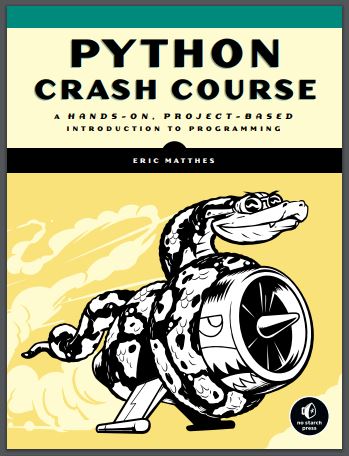
This e-book is divided into two parts. The first half commences by making the fundamentals clear for the reader. They include lists, dictionaries, loops, classes, and practice. You can also learn how to make your programs more interactive and test all the codes safety before using it in an actual project.
The latter half includes three projects (arcade games, space invaders and data visualizations) which the reader has to finish in order to understand the course completely.
You can also:
• Make 2D games that respond to your keyboard and mouse clicks and make it harder as the game escalates
• Usage of tools like NumPy, MatPlotLib, and Pygal
• Create and modify web applications and launch them safely
• Learn to notice mistakes in your programming
Click here to download the e-book
#2. Python Cookbook: Recipes for Mastering Python 3
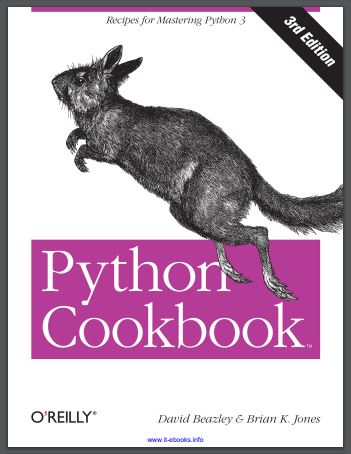
Filled with the latest recipes of code creation, you’ll become familiar with writing programs on Python 3 and even updating older Python 2 code. This e-book is mainly designed for advanced learners who wish to know the modern tools and idioms.
Inside you’ll find how the core Python has been covered as well as tasks that are commonly used in an array of application domains.
The imperative topics included are:
• Algorithms and data structures
• Texts and Strings
• Time, dates and numbers
• Generators and iterators
• Functions, classes and objects
• Concurrency
Click here to download the e-book
#3. Automate the Boring Stuff with Python
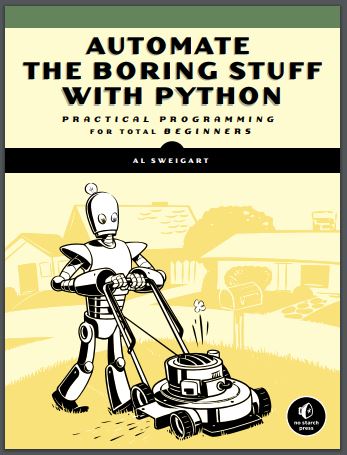
If you are familiar with the wearisome daily tasks of renaming files and updating numerous cells on a spreadsheet, then we might have the best solution for you.
With this text, you will able to learn how to automate menial tasks that can be completed in minutes that would otherwise take hours to do manually. You need not be familiar with programming prior to using this e-book.
Once you have mastered the basics, you will be in a position to create unimaginable feats of automation easily. These may include:
• Search for text in a single or multiple files
• Create, rename, update and move folders or individual files
• Encrypt, split and watermark PDF files
• Send reminder emails and notifications on texts
• Browse the internet and download content
Click here to download the e-book
#4. Learn Python in 1 Day: Complete Python Guide with Examples
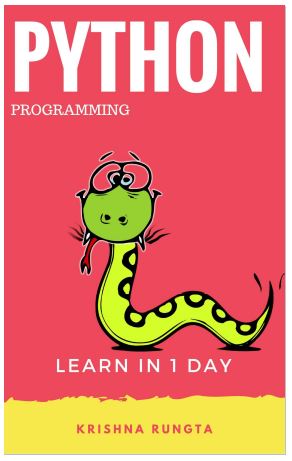
A highly simplified understanding of Python brought to those who are new to the subject and are terrified about the lines of Python codes. Even if you have never coded before, you can still learn it well and quickly. The e-book contains concepts such as tuples, strings, objects, classes. It also has extra references for additional courses and guidance. Even children can accustom themselves with Python programming concepts through this e-book.
Table of content includes:
• Variables and strings
• Tuples, operators and functions
• Python dictionary
• IF statements
• Writing and reading files in Python
• Copy and rename Python files
Click here to purchase the e-book
#5. Python Programming: An Introduction to Computer Science
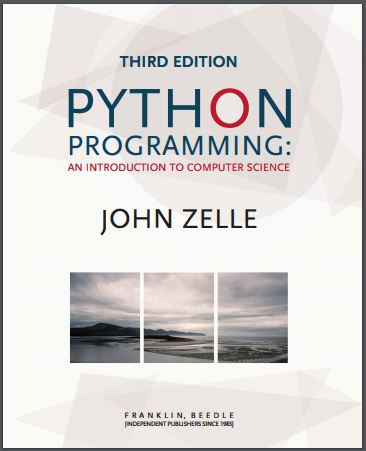
It is often used as a college level first course primary programming book (or e-book) in computing. The book, however, takes a more traditional approach. It puts emphasis on design, problem-solving, and programming as the core skills to learn here. The goal of this e-book was to introduce the basic concepts of computer science without being too simplistic. Hence, the knowledge of Python is of core importance here.
The table of content entails:
• Creating simple programs
• Sequences including files, lists, and string
• Defining functions and decision structures
• Loop structure
• Boolean
• Design and simulation
• Data collection and object-oriented design
Click here to download the e-book
#6. Python Pocket Reference: Python in Your Pocket
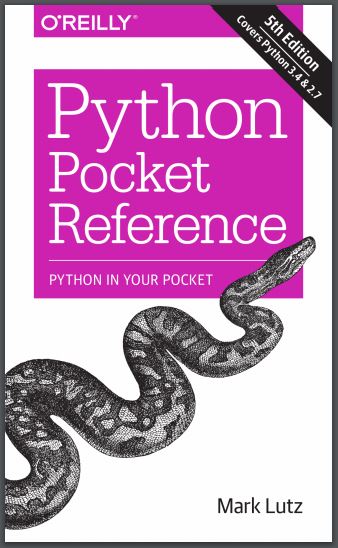
Much like a pocket dictionary, it offers quick on job references for Python developers. It is updated for both Python 3.4 and 2.7.
The e-book is recognized as the leading Python trainer throughout the globe. You’ll find most of the brief, need-to-know information on Python here.
The 5th edition covers topics including
• Statements and syntax to create and process objects
• Hints and idioms about Python
• Development tools and command-line options
• Python SQL database API is covered
• Built-in attributes and functions
• Built-in object types
Click here to download the e-book
#7. Python for Data Analysis: Data Wrangling with Pandas, NumPy, and Ipython
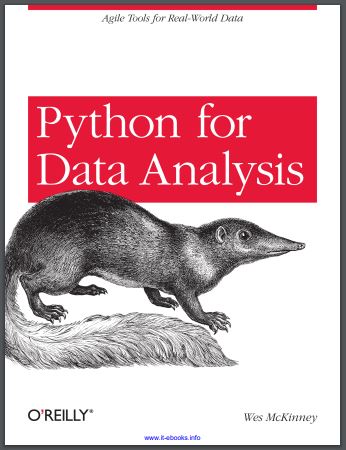
Complete instructions for manipulating, processing, and crunching datasets in Python available in this e-book. Focused mainly on Python 3.6, the text gives hands-on guide and is filled with practical case studies that display how to solve a large quantity of data analysis problems with efficiency. Also learn about the newest versions of pandas, Ipython, NumPy, Jupyter, etc
This e-book will help you:
• Use the Ipython shell and Jupyter notebook
• Start with data analysis tools
• Use flexible tools to load, transform, clean, reshape and even merge data
• Create infographics with matplotlib
• Learn to analyze and manipulate regular and irregular time series data
• Solve real-world data analysis problems with detailed examples
Click here to download the e-book
#8. Head First Python- 2nd Edition
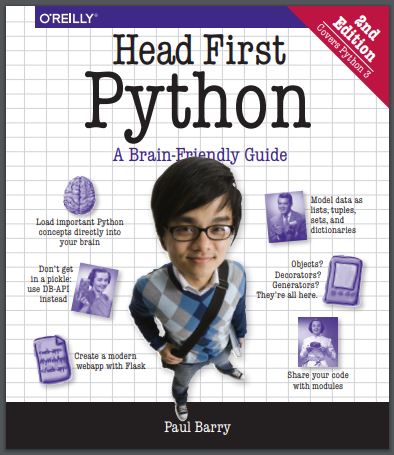
Head First Python will assist you in quickly grasping Python’s fundamentals and work with built-in data structures and functions. The next phase will involve moving on to building your very own web application, exception handling, exploring database management, and data wrangling. Context managers, decorators, comprehensions, and generators, all these concepts are present in great detail in this e-book. This second edition is a complete learning experience that will allow becoming a certified Python programmer in very less time.
The author Paul Berry has been an on-and-off programmer for 25 years and has previously written two books.
Click here to download the e-book
Before Wrapping up!
As you might have noticed already that there is no lack of resources to learn Python. Also, there is a large scope of employment in this field with lucrative packages. Being simple in structure and usability, its receiving attention throughout the world.
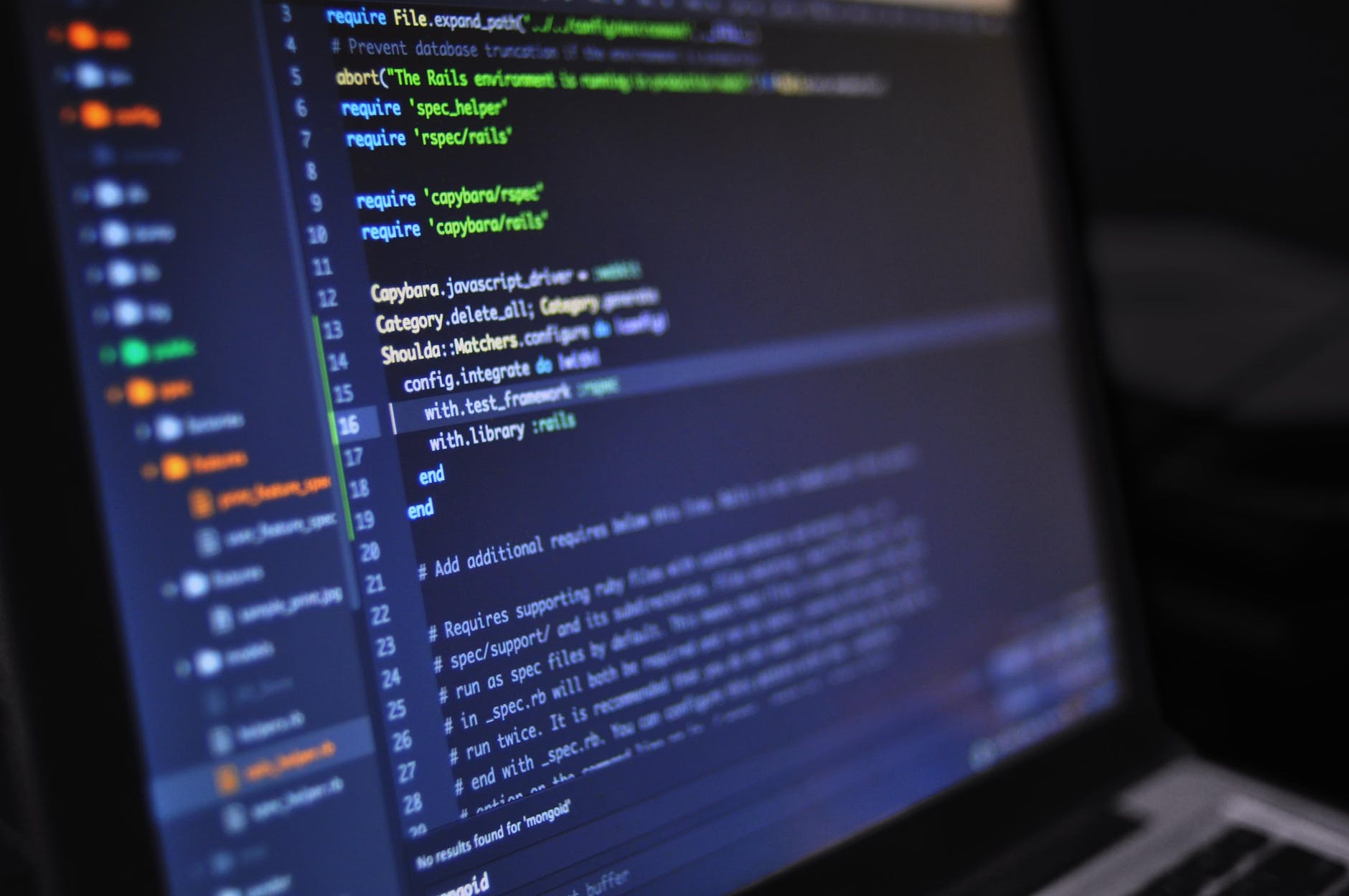
It’s even possible that even schools and universities might offer these courses soon. So, if you want to learn it before your peers do and gain an advantage over them, you can start with e-books above. And if you wish to understand the subject even deeper with an instructor, you can explore this amazing course to become a bonafide Python developer. If you are inclined to more hands-on practical examples to learn Python, this is the perfect course for you.

